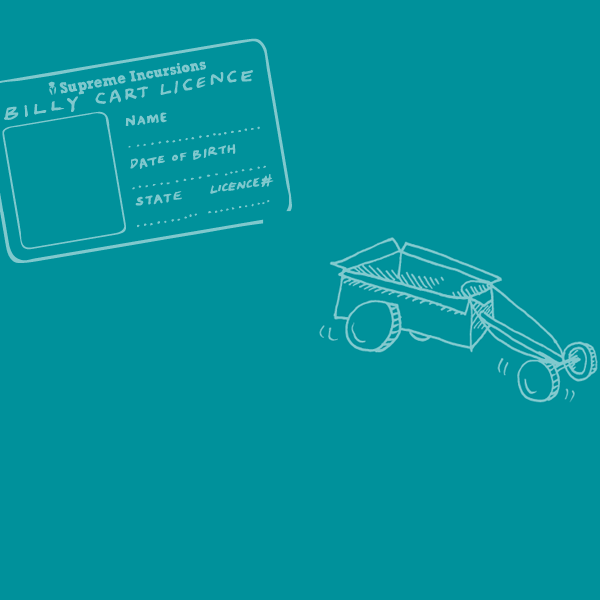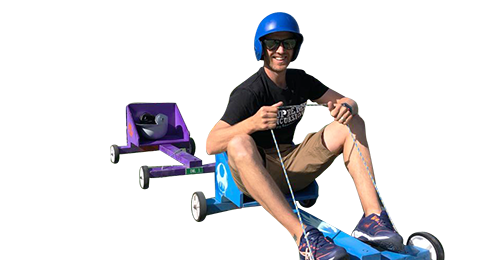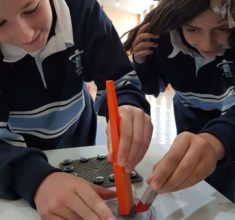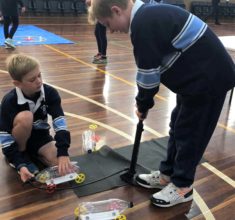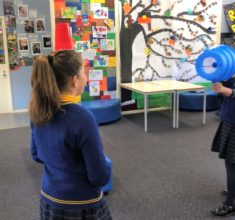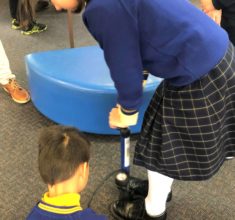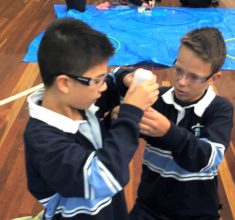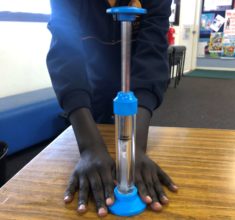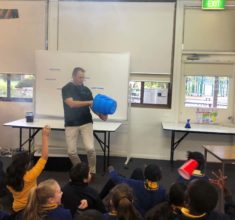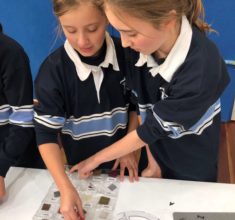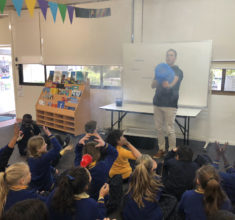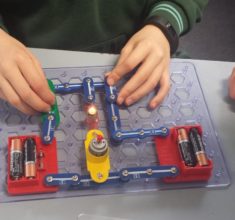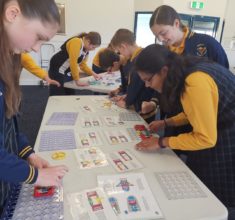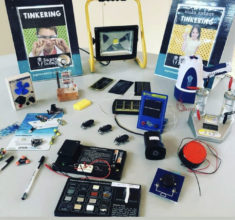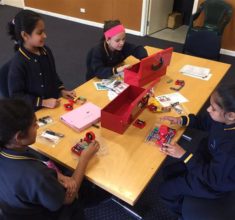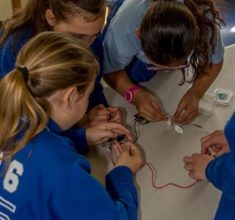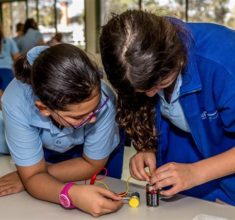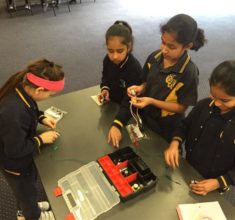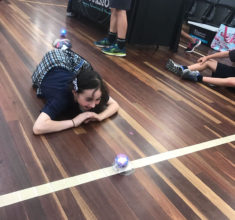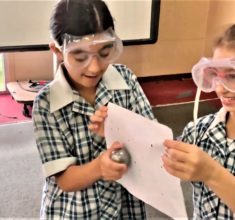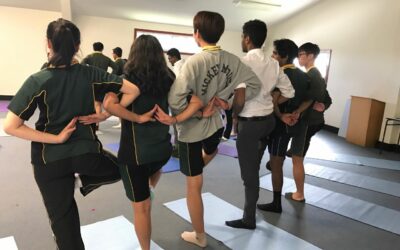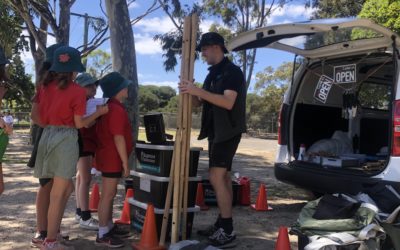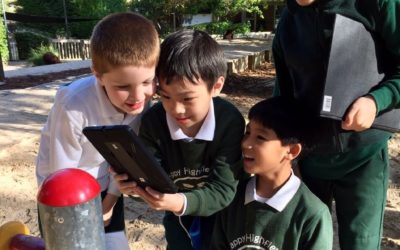Spark an imaginative and inspirational love of Science by exploring forces and energy.
Grow a love of science through a hands on introduction to the forces of nature.
In this wonderfully engaging 90-minute STEM incursion, every student gets a buzz as they are introduced to the world of forces and energy through hands-on exploration of circuits, magnets, gravity and much more! Through scientific investigation, students will test, observe and report on the application of various energy types and their impacts on different types of matter. Students will be challenged to think critically, make predictions and observations with terminology, keywords and equipment differentiated to match each year level.
Scope of Learning Outcomes
Together we’ll select the learning outcomes that best suit class abilities and curriculum requirements. Examples include;
- Identify and describe the properties and behaviour of various types of energy and how energy is transformed from one type to another
- Construct simple circuits to investigate the behaviour of electrical energy
- Identify and describe the various types of contact and non-contact forces
- Apply scientific methodology and terminology
- Understand and apply basic units of measurement, accuracy and equipment use.
Activities
- Discuss prior knowledge of various types and sources of energy and how forces influence our everyday lives
- Conduct various experiments and discuss observations
- Implement basic principles and processes of scientific methodology with the opportunity to review and change processes as necessary
- Communicate and discuss various observations and draw conclusions.
Incursion Information & Requirements
- Duration – 90 minutes. This will be structured around your bell times
- Sessions capacity- 34 students with 1 instructor. 44 students with 2 instructors
- Room requirements – An unfurnished hall is required for this incursion
- Equipment requirements – 8 trestle tables (or the equivalent), access to water, whiteboard and bin
- Parking- Onsite parking is essential. Please provide us with the address of nearest gate access
- Booking requirements – A minimum of 75% deposit is required within 7 days of booking the incursion
- Setup time – We will arrive one hour before the start time to set up
- Teacher presence – Teachers must be present during the session.
Curriculum Links
Our qualified teachers design all incursions to be adaptive and differentiated so that each learning outcome aligns with Victorian and Australian Curriculum requirements.
Cannot See Your Focus Links?
Should your curriculum or key learning area not be listed here, please give us a call. One of our qualified teachers would be happy to make the adjustments required to meet your needs.

